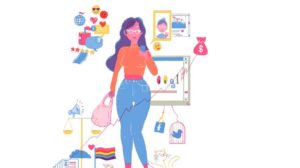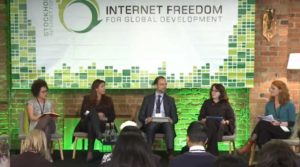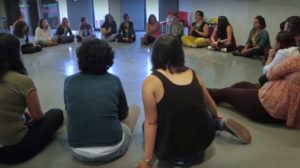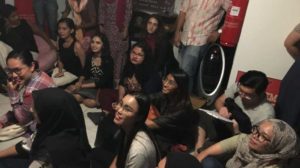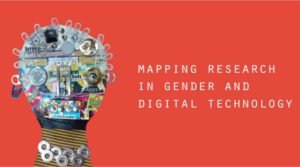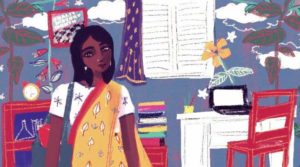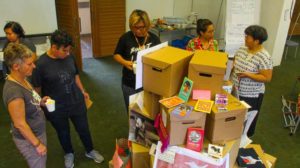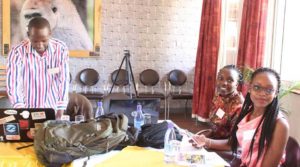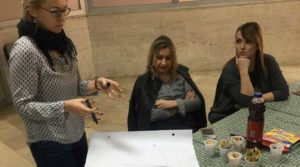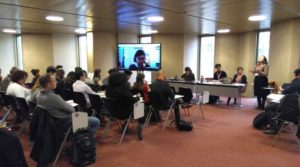As part of APC’s strategy to influence and impact the digital security community using a feminist movement-building strategy, three staff members attended the Initiative for Sustainable Activism meeting of trusted allies for strategic planning for holistic security organisations and individuals who work with activists and human rights defenders. APC’s work is influencing women’s rights donors to understand and see the need to embed digital and physical security in response to growing surveillance and harassment of grantee-partners.
APC Women’s Rights Programme manager Jac sm Kee participated in the Oak Foundation Women’s Rights Programme strategic meeting in March 2017, and presented awareness-raising sessions on digital security at the global meeting of Prospera, an international network of women’s funds, in October 2017. APC has also initiated an in-depth survey on technology-related risk assessment with selected grantee-partners for the Open Society Foundation Women’s Rights Programme.
Image: Fragment of a design by Constanza Figueroa.
